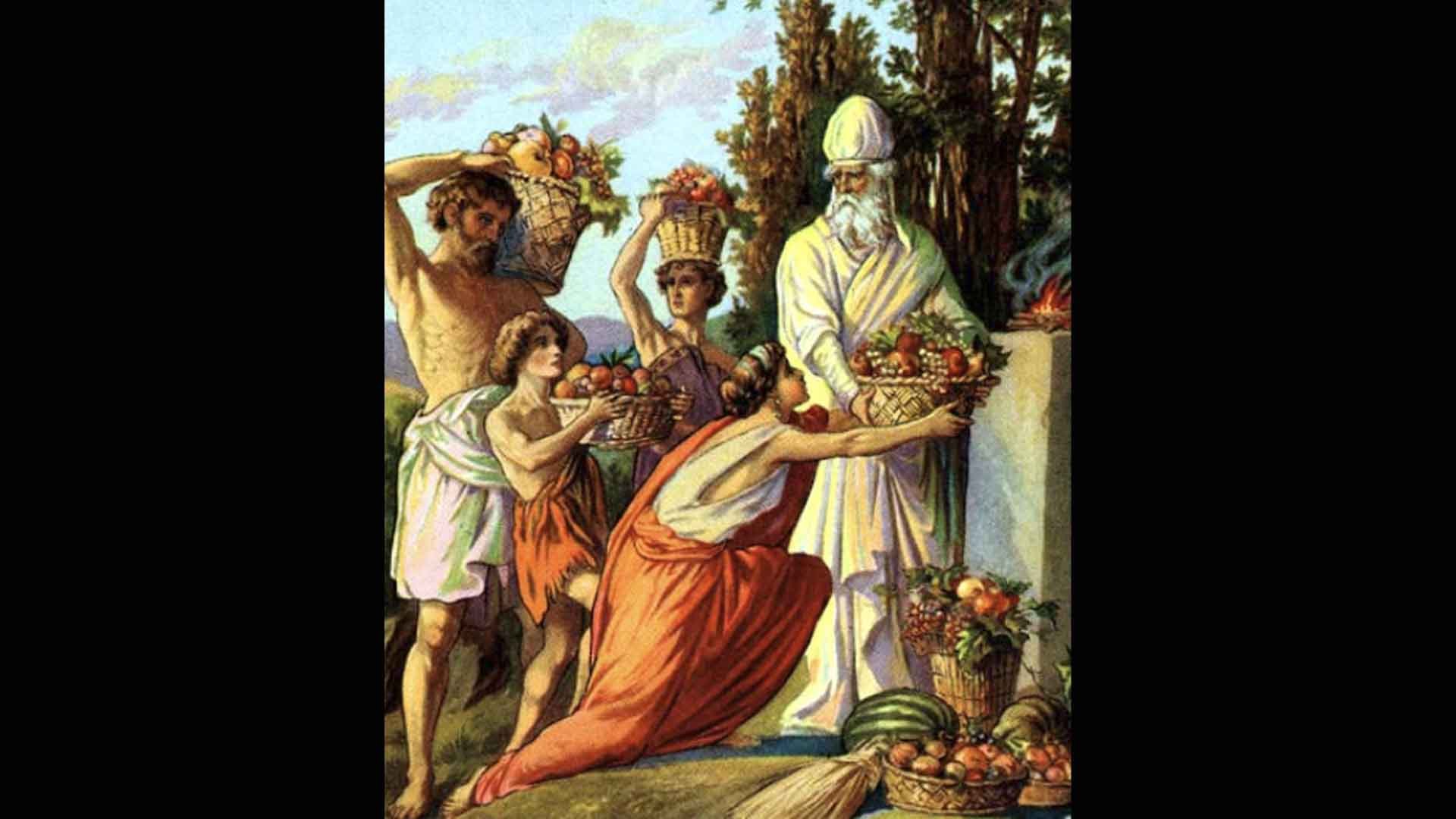For the source text click/tap here: Makkot 18
To download, click/tap here: PDF
Rebbi Eliezer states that one must place the fruits of Bikurim next to the Mizbe'ach in order to fulfill the Mitzvah of Bikurim. In contrast, reading the Parshah of Bikurim, although it is a Mitzvah, is not essential to fulfilling the Mitzvah of Bikurim; if one fails to read the Parshah of Bikurim, one still fulfills the Mitzvah of Bikurim.
In a different statement, Rebbi Eliezer says that if a person separates his Bikurim before Sukos but does not bring the fruit to the Beis ha'Mikdash until after Sukos, he should leave them to rot. Apparently, this is because one cannot read the Parshah of Bikurim after Sukos. This statement implies that the reading of the Parshah is an integral part of the Mitzvah, and without it one cannot fulfill the Mitzvah of Bikurim at all.
The Mishna (17a) discusses situations where people eat these tithes in a forbidden manner or a forbidden place. For example, if a kohen eats bikkurim before they were formally presented with the appropriate formula (see Devarim 26:3-10) he has transgressed a negative commandment and will be liable to receive malkot (lashes).
We explore the bikkurim ritual and differences between Ex and Deut.

